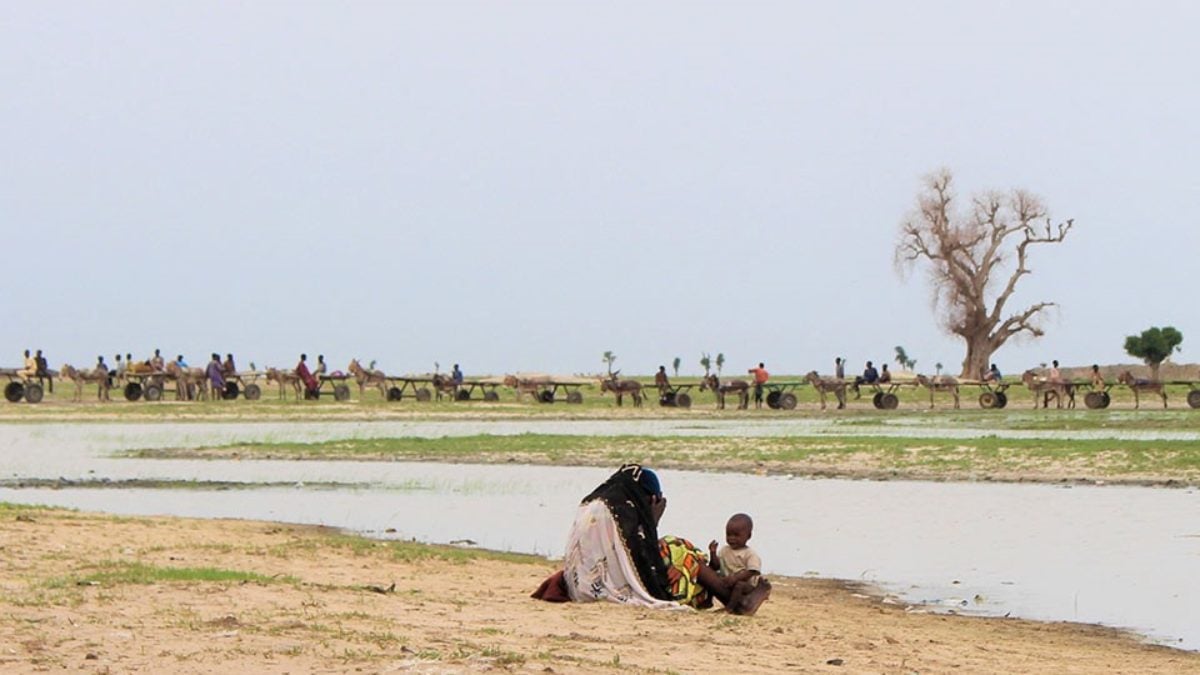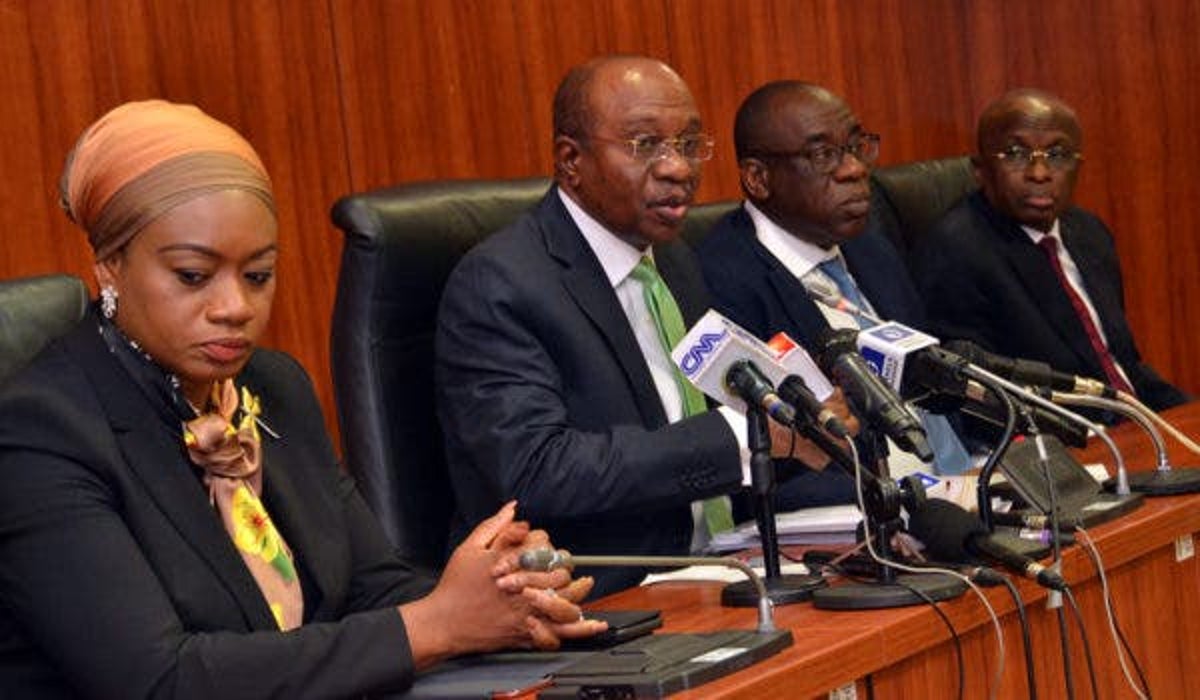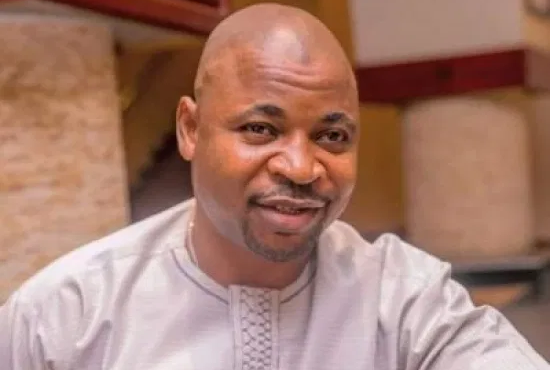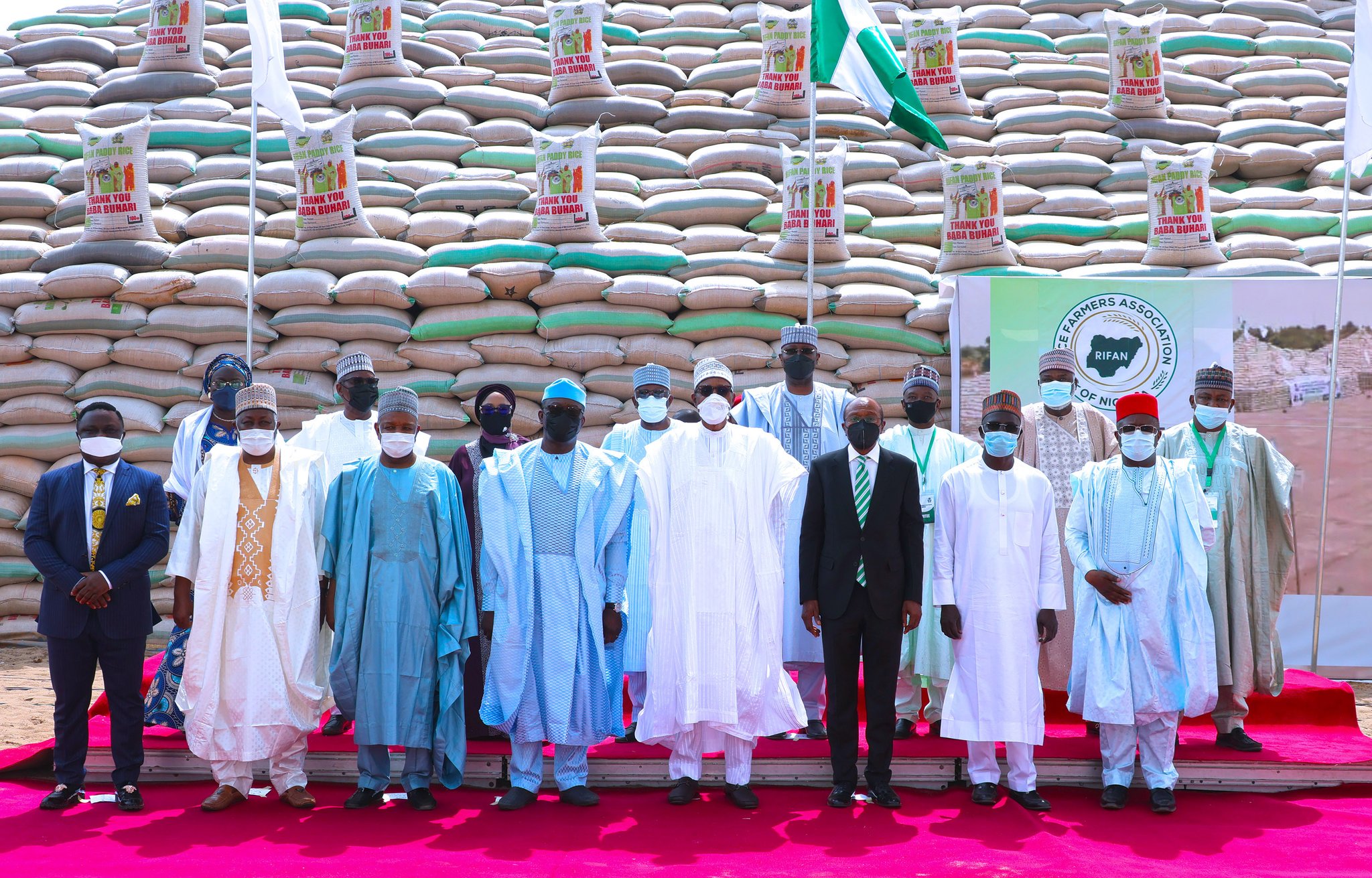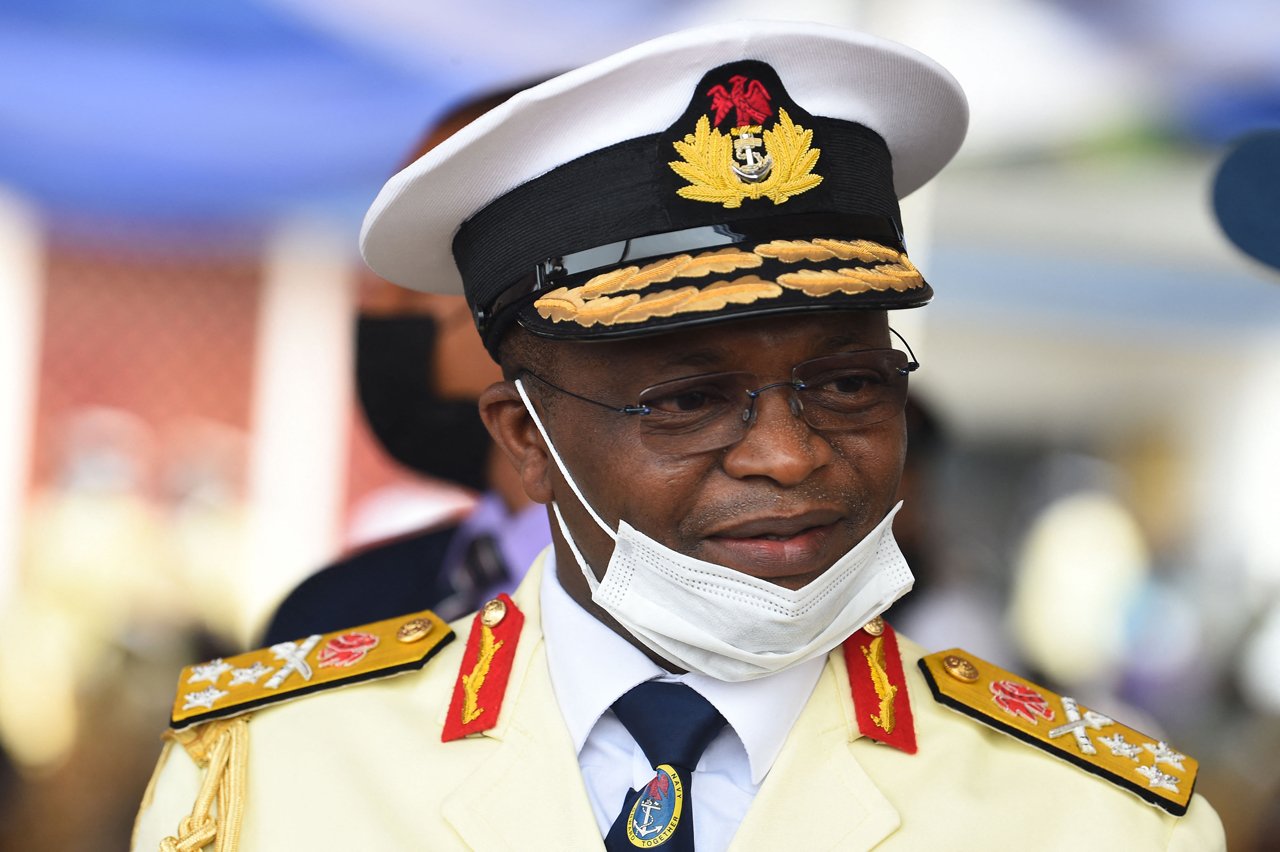BY WOLE HAMMOND AND IFEOMA MALO
Climate change has been described as one of the biggest global challenges to mankind. Increasing global temperatures, ice and glacier loss in the polar regions, sea-level rise and ocean acidification, drought, and desertification are some of the results of climate change on the planet.
According to the Intergovernmental Panel on Climate Change (IPCC), Africa as a region is the most vulnerable to climate change compared to other regions of the world due to its complex climate system. Africa accounts for only 7.1 percent of global greenhouse emissions, but despite the region being one of the least contributors to global warming, parts of the continent are experiencing devastating impacts of climate change.
The Sahara is gradually encroaching its southern border due to reduced precipitation; the Horn of Africa and parts of southern Africa are experiencing the worst drought in recent times as temperatures in the regions have increased and rainfall drastically reduced, resulting in food scarcity. Reports also show increased rainfall which has had devastating impacts on the people and communities in East Africa. Sea level rise and coastal erosion, further aggravated by anthropogenic activities, erodes the coastline and mangroves – especially in the Niger Delta region – causing displacement and loss of livelihoods of communities dependent on the ocean. These are just to name but a few.
Advertisement
Meanwhile, to address these challenges, the continent must look inward and utilise its greatest asset – the youth – to address climate change. Africa has been described as the ‘youngest continent’ with 60 percent of the population below the age of 25. This opportunity, if properly harnessed, provides an avenue for climate action. But then you ask, why are the youth important in the fight against climate change? How can the youth be prepared for sustainable climate action? And how can they develop solutions that will help the continent to mitigate and adapt to a changing climate?
The foundation for a climate-smart and environmentally-conscious generation begins with education. Experts and major stakeholders have suggested that climate education is a key factor in mitigating the impacts of climate change and environmental degradation. Mainstreaming climate-related courses into school curricula from the elementary will position the younger generation to be aware, understand, and join the global conversation on the subject of climate change.
It will also raise a generation of young Africans who understand the climatic peculiarities of the continent and embrace climate action at a young age. The long-term result of investing in climate/environmental education will be evident when young people address and find solutions to climate change and environmental issues peculiar to their regions.
Advertisement
Similarly, problem-solving and innovation are common traits associated with the youth demography, as young men and women can think outside the box. African youths have the capability to develop both nature-based and technology-driven solutions to address climate-related issues in their regions. Young Africans are championing proforestation, reforestation, and clean cooking solutions to promote forest conservation; clean energy solutions to transition communities from dirty fuels to sustainable energy; climate-smart agricultural practices that reduce land degradation and promote food security; circular-economy businesses in cities to address waste; advanced tracking and warning systems to monitor and reduce disasters and risks associated to global warming.
Therefore, there is a need for a supportive environment that offers young innovators the opportunity to ideate, develop, and scale their ideas into implementable solutions. The national and sub-national governments must create policies while VCs and impact investors fund such businesses to foster innovation among youth-led solutions.
As member nations of the African continent commit to various NDCs, develop actionable strategies, negotiate carbon finance, trade emissions and implement green projects, young people must be adequately represented at the decision-making table and are actively engaged. Across the globe, there is a growing trend of young people actively participating not only in the conversation on climate but in planning and implementation. This is what Africa needs. The huge chasm between current decision-makers and the youth must be bridged and allow for inclusive participation by the youth.
Addressing climate change, no doubt requires collective intergenerational effort. However, the younger generation is at greater risk of climate change impacts – in half a century, they and their children will bear the brunt of previous generations – should tipping points be reached. A climate-smart, innovative generation included in the implementation process will usher in a new era of climate action in Africa.
Advertisement
The Clean Technology Hub (CTH) works to promote environmental and climate education through education boot camps and the CTH e-Learning Academy targeted at students from elementary schools to tertiary institutions to understand climate change and raise a generation of climate actors. The Hub also fosters innovation within the African sustainability space as an early start-up incubator for inventions and innovations in clean energy, and a consultancy for sustainability and climate-smart investments into the region.
Ifeoma Malo is the co-founder/CEO of Clean Technology Hub.
Wole Hammond is the assistant manager, environment and climate action at Clean Technology Hub.
Advertisement
Views expressed by contributors are strictly personal and not of TheCable.
Add a comment
